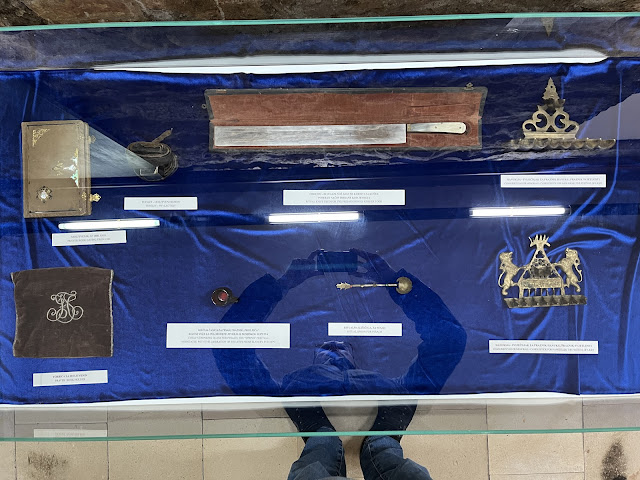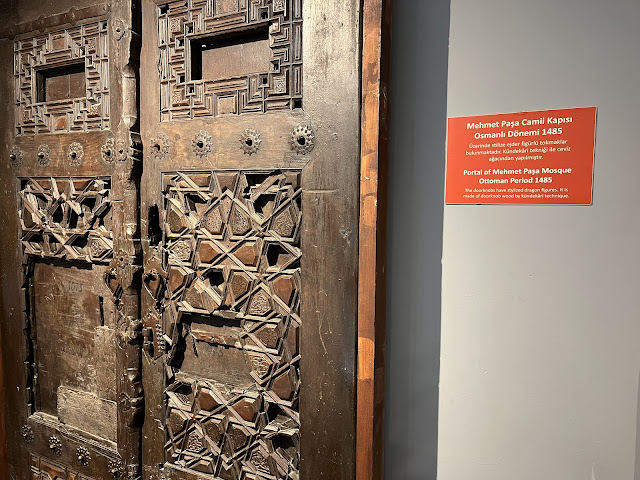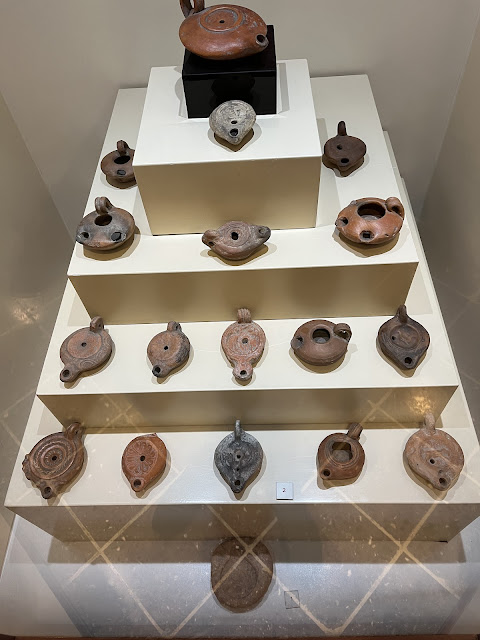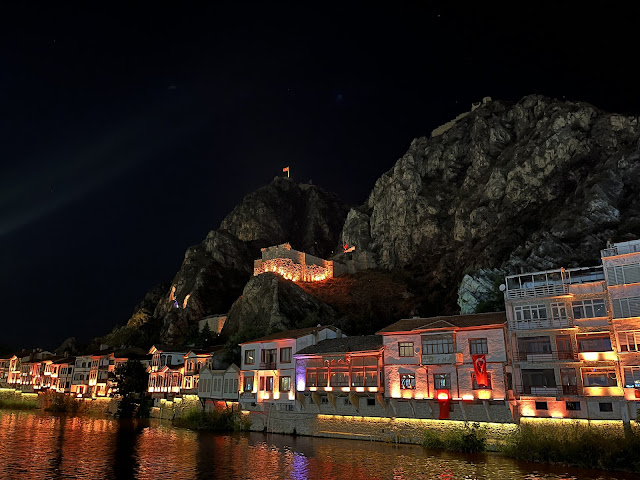As usual, this year's reading was a collection of books guided by whimsy, recommendations and gifts, chance pick-ups, classroom-related needs, and Book Club. Book Club led to such diverse reading as Chesterton's Heretics, Wodehouse's Pigs Have Wings, and Pratchett's Mort. I sat out Book Club's reading of The Master and Margarita, as I have rarely if ever enjoyed a Russian novelist, but that may have been what caused the guilt that means I am currently working my halfway through Dostoevsky's Crime and Punishment. I am also part way through a book of G. M. Hopkin's poems, which I have found to be very meaningful. Apparently my taste in literature is improving slightly, or age may be a factor.
Fiction
To Sir with Love (Braithwaite) - a great, short novel about teaching. The fact that the author was Guyanese (next door to Suriname) was of special interest to me. I haven't gotten to watch the related movie yet.
The End of the Magi by Patrick Carr - This was an a very well written historical novel, placed around the time of Christ. It is interesting especially for its focus on the lands and kingdoms east of Palestine with only minimal interaction with the Roman Empire.
Hallowe'en Party and The Secret Adversary by Agatha Christie - a new read and a re-read by Christie; I got to begin sharing this old joy with my oldest kiddo. Poirot as well as as Tommy and Tuppence!
Fear is the Key by Alistair MacLean - Unexpectedly I found another MacLean that I hadn't read. Not his greatness, and I don't enjoy reading about cold as much as other extreme environments, but it was still nice to find a new one.
Pigs Have Wings by P. D. Wodehouse - Wodehouse, as my wife helped me realize is a kind
of British aristocratic Patrick McManus - ridiculous humor.
Peaceweaver by Savannah Jezowski - a lovely fantasy novel with depth and joy
Terry Pratchett's Mort, The Truth & others - I'd missed Pratchett till now, though I'd heard of him, of course. Now in the last 2-3 months I've suddenly read little other than him for my pleasure reading (until Dostoevsky). He's got a real way with words, and a way of taking very serious topics (like DEATH or the Press) very seriously indeed by cynically examining them. I don't know that I would have benefited from his books as a young adult, but I've had a grand time reading them now.
Martin Eden by Jack London - Reading
Martin Eden was basically an accident; it was in my 'to read' collection, and I wanted it out of the collection. So I started it for the sake of ending it. I never put it down (metaphorically speaking). I don't enjoy London's depressing view of reality most of the time, but this book had gripping character development. It was well worth the time.
Children's Fiction - These were the classics that I read with my children; I hadn't read a full Eager novel previously. Excellent.
Charlotte's Web by E. B. White
Half Magic and Magic by the Lake by Edward Eager
The Three Investigators and the Case of the Stuttering Parrot - Since my uncle gifted me this book about 30 years ago, the mysteries in this series have been favorites, easily as good as the Hardy Boys, whom I also loved.
Religious nonfiction
Heretics by G. K. Chesterton - The insights Chesterton offers while engaged with the intellectual thought of his day often felt as relevant to today's intellectual thought as most of what I've seen that's written today.
Muhammad and the Christian by Kenneth Cragg (related post) - I read this for a class I took with ISRME, and it was a really helpful consideration of how Christians can think through the question of who Muhammad, the Prophet of Islam, is from the many perspectives that might be needed/helpful.
Hearing God by Dallas Willard - There's a lot in this book to think about; given the topic, I guess anyone might find areas where they think differently, but it was a book worth taking seriously.
The Crucifixion by Fleming Rutledge - I'm still early in this book, so it might not be fair to add it here. Yet it's been such a valuable read so far. Rutledge has focused on the shame and 'godlessness' (crass non-religiousness) that was associated with crucifixion. Her words are powerful in challenging any sort of lighthearted approach to the cross.
Apostolics Fathers (multiple related posts earlier in the year)
RE-READS: The Pursuit of God (Tozer) & The Return of the Prodigal (again)
Other Nonfiction
Exploring Second Language Reading by Neil Anderson - I've had it and referenced it for years, but it's been extremely helpful navigating two high-level readings skills classes that I was teaching this year. It has a good mix of theory and practical suggestions, and it is concise.
Reflective Teaching: An Introduction by Zeichner and Liston - This is a book that has been recommended to me a couple times now. First, it was recommended reading for my MA which I never got around to reading; now it's recommended for PhD prep reading. So, I've gotten around to it. It's solid and yet not overly complex.
Recommendations from years past: 2023, 2022, 2021, 2020, 2019, 2018, 2017, 2016, 2015, 2014, 2013, 2012, 2011
























































